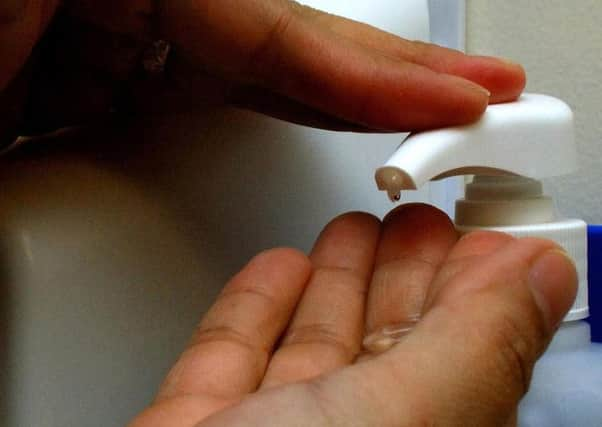Winter sickness bug strikes: expert advice


As norovirus – also known as the “winter vomiting bug” - is starting to circulate across the North West, Public Health England wants to remind anyone experiencing symptoms to stay at home and not visit hospitals, care homes, schools or other community settings until they have been free of symptoms for 48 hours, to help limit the spread of
norovirus.
People who have had norovirus are still infectious up to 48 hours after their symptoms have stopped which is why it’s important not to go to work or school or visit hospitals or care homes while you have these symptoms and for two days afterwards.
Typical symptoms of a norovirus infection include:
The sudden onset of projectile vomiting
Watery diarrhoea
Advertisement
Hide AdAdvertisement
Hide AdSome people also experience headaches, mild temperature and stomach cramps
There is no treatment for the virus but it is important to keep hydrated to combat the loss of fluids. Most people will recover within a few days and there are no long-term effects.
Anyone who thinks they have winter vomiting should telephone NHS 111 for advice. They should avoid going to hospitals or their GP surgery as they can spread it to other patients and staff.
Norovirus is highly contagious and spreads rapidly in closed environments such as hospitals, schools and care homes. It can be spread through contact with an infected person; by contact with contaminated surfaces or objects or by consuming contaminated food or water.